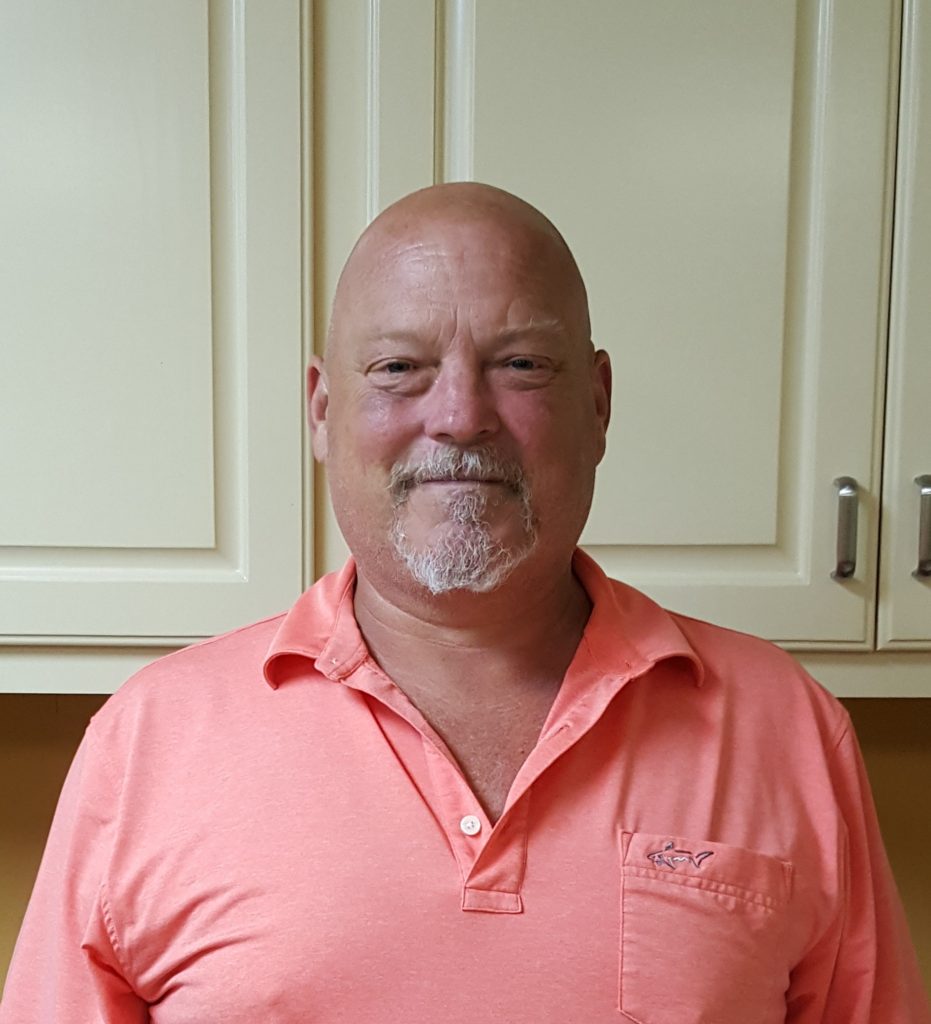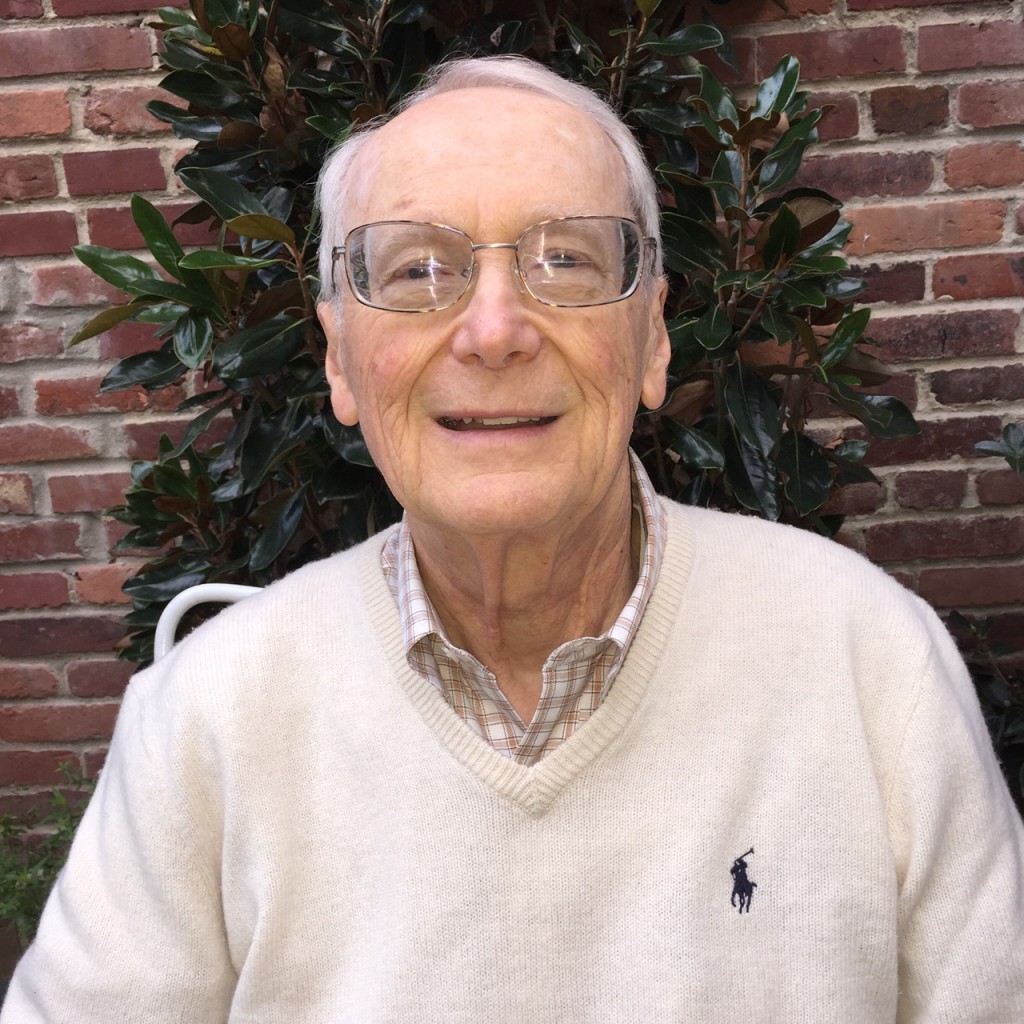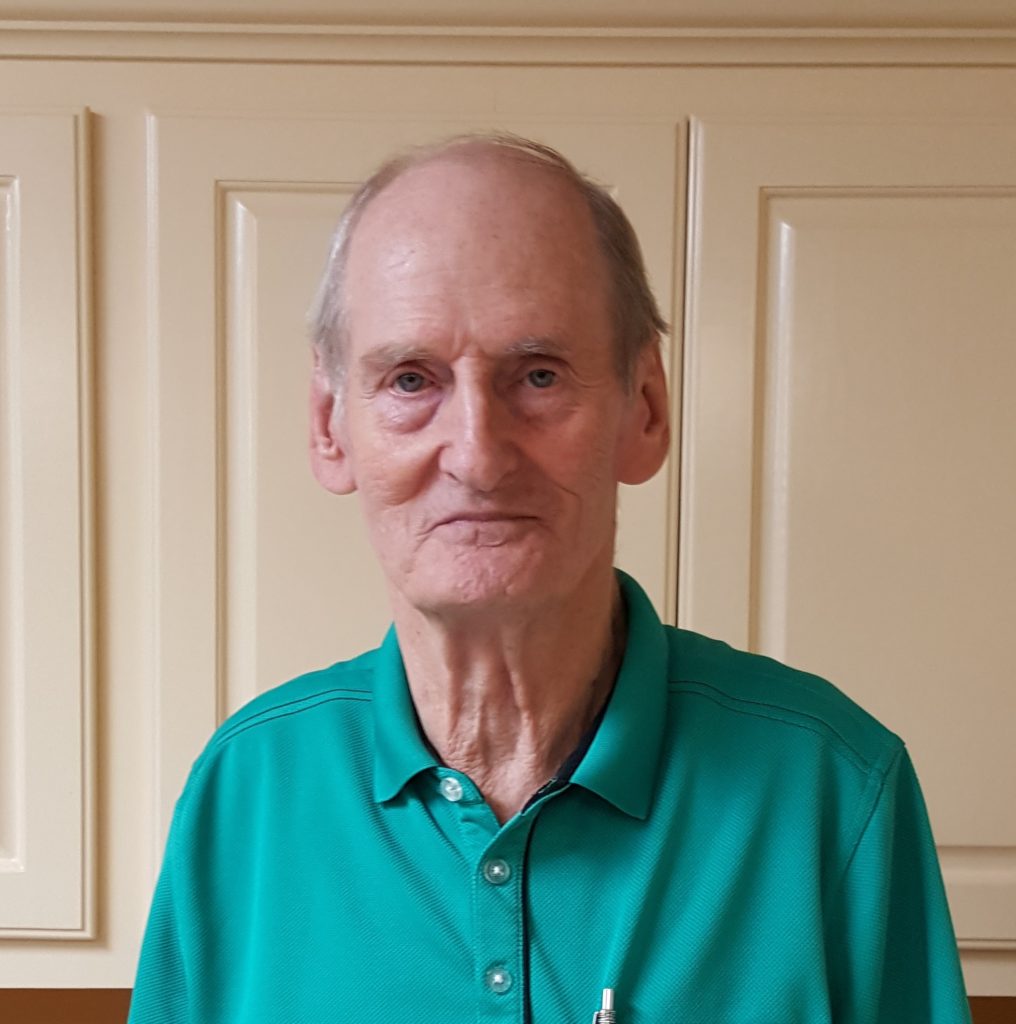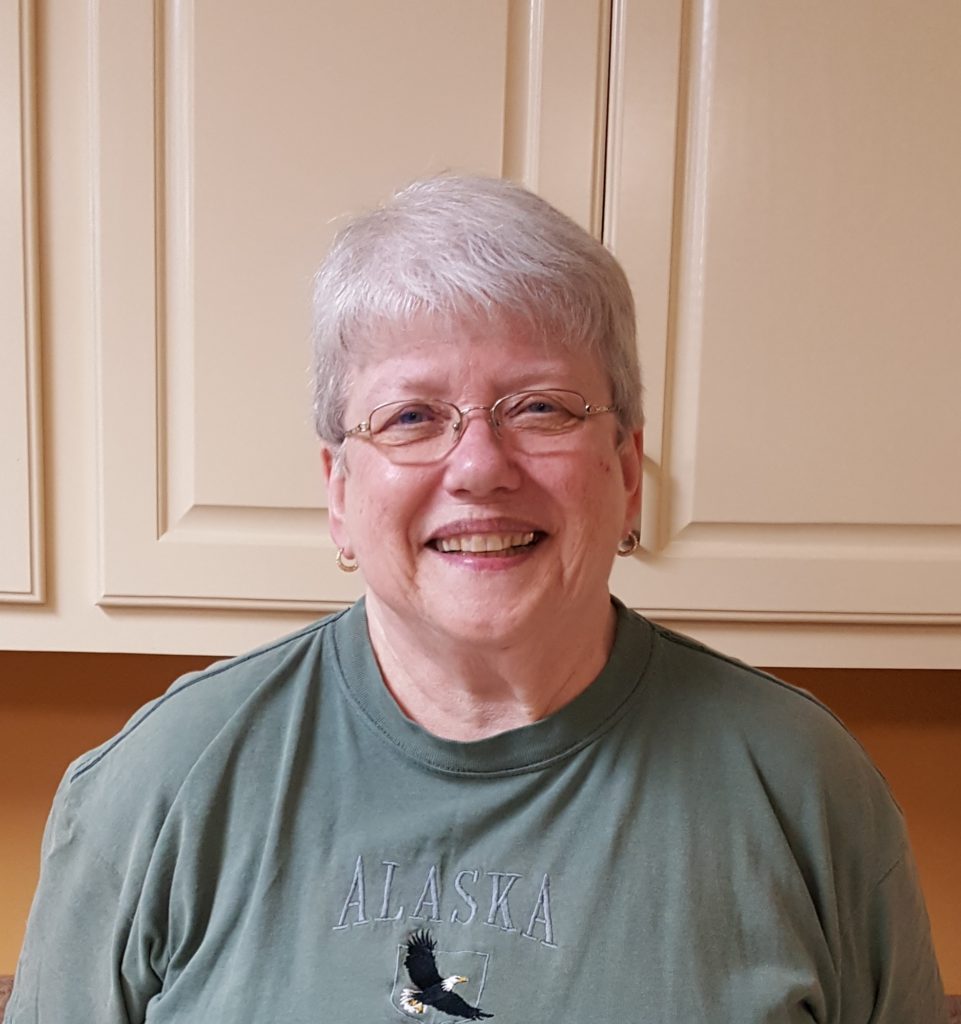
I’d Like to Live as Long as I Can and as Well as I Can

by paul-focus97
Name: Noel
Age: 77
Location: Beacon Health System – Elkhart General
Health Challenges: One stent, 80% and 90% artery blockages, family history of heart disease
Greatest Motivation: Now that I’ve been through the program, I can confirm that that is the case; I know that the blockages in my heart are not going to get any worse. In fact, they’re probably going to get better. That means that I’ll be able to be here with my grandchildren, my children, and my wife—which is what really matters.
“Everyone thinks that eating fish and chicken and exercising regularly is the gold standard, but it’s not.”
Before
My dad was 49 years old when he died of a heart attack. At the time, I was 21 and I’d just arrived in England to study at the London School of Economics. It was a disaster for my mother to lose him at that age, and I came home from school right away to help out and start running the family business. On top of losing my father, which was very painful, running the business was a huge strain on me. My goal was to keep the business out of bankruptcy, and fortunately, I was able to do that for 50 years. But the loss of my father—combined with a further family history of heart disease—caused me to be concerned for most of my life that I would have a heart attack.
Though that heart attack never came, I found out this year that I do have heart disease. On May 30, we discovered during a heart catheterization that I had two severe blockages—80 and 90 percent—in my arteries; the doctors put in a stent to deal with the issue. Before that procedure, I’d been having pain for months, so I’m glad that we found out what was causing it. I was not quite 100 percent; maybe 80 or 90, but not 100, so that’s what brought me to the Ornish Lifestyle Medicine Program. (Intensive Cardiac Rehabilitation)
After my heart catheterization, I started doing traditional cardiac rehab, and during the third session they told me about the Ornish Lifestyle Medicine Program. They said that it’s a more aggressive way to control the health of your arteries, and that is exactly what I wanted to accomplish. I decided to enroll right then. As I anticipated starting the program, I’ve thought about each of the components of lifestyle change that this program is built upon—exercise, nutrition, stress management, and group support.
I had no hesitations about the exercise whatsoever. It was a no brainer. The food, I had a little bit of apprehension about. I don’t eat too much meat, but I definitely eat some, and I was interested to see what giving it up entirely would do for me. The stress management was something that I was really looking forward to. I’ve tried to learn how to meditate several times in my life without success, so I was hopeful that this program would help me get over the hump. Lastly, I was excited about the group support. I really enjoy getting to know people, and I thought this program would be a great opportunity for me to meet people who are going through the same things that I am.
Overall, I expected to enjoy the program because health has always been important to me—especially since my dad passed. One way that this focus has manifested itself is in my work life. My dad did smoke, heavily, and I hate the tobacco companies for that. I believe that smoking really contributed to his death. So, before I passed the company on to my son, I always maintained a policy that incentivized my employees to quit smoking. I told them that I’d pay 50 percent of any treatment they wanted, I’d give them a paid vacation day a month after they quit, and I’d award them another one a year after they quit. My employees really took advantage of it. I’ve actually gotten 12 people to quit smoking, and to this day, they come up to me and thank me for saving their lives. This focus—on health and smoking—has been an expression of my pain about my father’s death, and I hoped the Ornish program would align with that focus very well.
I hoped to improve my health and lower my stress. More specifically, I wanted to improve my artery health—that’s was my number one goal. My motivation for doing these things wasn’t about my arteries, however. It’s was about my family. I wanted to be alive to support my children, and to be a companion to my wife. I wanted to spend time with my grandchildren, hang out with my friends, and support everyone. Basically, my goal is to live as long as I can and as well as I can. I hope and believe that this program will help me do that.
After
I’ve been following the conventional knowledge about preventing heart disease for all of my life. In fact, because my dad died when he was 49, I’ve been following it very closely–eating fish and chicken, exercising, all of it. But when you think about it, conventional knowledge also told us, way back, that the earth was flat, and we all know how that turned out. Moreover, conventional knowledge was positive that the sun revolved around the earth until Copernicus came around. So conventional knowledge can be dead wrong (I use the word “dead” there with a double meaning), and in this case, it is. Everyone thinks that eating fish and chicken and exercising regularly is the gold standard, but it’s not. The Ornish Lifestyle Medicine Program is the gold standard. Now that I’ve been through the program, I really see that. It’s been great for me.
Over these past 9 weeks, I’ve gotten to a point where I can exercise without chest pain, and I’ve become confident that by following the program, the blockages in my arteries will get better. They probably already have. That’s a real comfort to me, especially with my family history of heart disease, so I plan to continue to adhere to the program very strictly for a long time to come. One of my major apprehensions about getting into the program was the nutrition aspect of it. I knew that I could give up meat, but I didn’t want to be a burden on my wife, and I thought that the whole thing would be a bit of a struggle.
But, thankfully, I was wrong; the nutrition aspect of the Ornish Lifestyle Medicine Program has actually been enjoyable. I choose to do it, I can do it, and I like to do it. I’ve even been cooking more than I used to, and right now, I’m only in kindergarten as far as preparing these new foods, but it’s fun—and I plan to move into first grade pretty soon. Each of the program’s four elements was equally valuable for me, but the group element had a particularly large impact on my cohort. We went from being a group of strangers to having a real, deep emotional connection with each other in just 9 weeks. One of the individuals, Dave, needed a heart transplant when he entered the program. After just 2 months on the program, he didn’t need a heart transplant any more. That is just unbelievable—the difference between needing a heart transplant and not needing one is massive—and it touched all of us in the group. We all had accomplishments, little or big, and we celebrated for each other and became closely bound by our shared experiences. It meant a lot to all of us.
Before I entered the program, I said that I’d like to live as long as I can and as well as I can. I hope and believe that this program will help me do that.” Well, now that I’ve been through the program, I can confirm that that is the case; I know that the blockages in my heart are not going to get any worse. In fact, they’re probably going to get better. That means that I’ll be able to be here with my grandchildren, my children, and my wife—which is what really matters. You know, we all want to go to heaven—I certainly do—but not tomorrow, and not the next day either. I feel like the program will make sure that I stay right here for a while. It’s given me a new lease on life, and I’m going to make the most of it.
Contributed by
Better Health Begins With You...
Have something to contribute?
Up Next for You


The Program Has Made Me Feel Better About Myself





